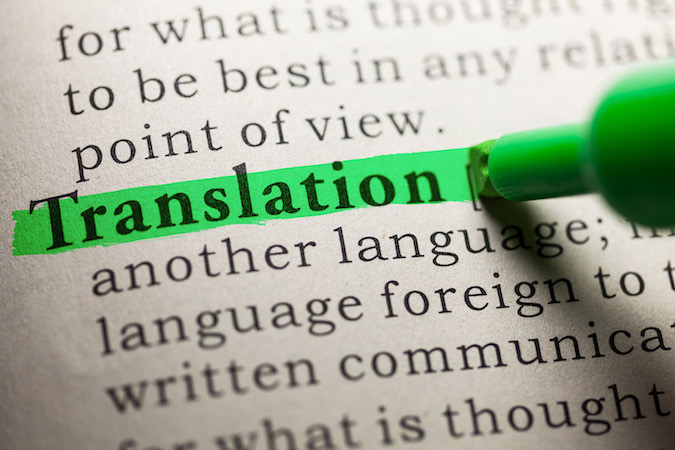Outside the Walls of Language
In her introduction to the translation of renowned poet Rabindranath Tagore’s collection of poems ‘Gitanjali’ (‘Song Offerings’) and the story of how in 1913 he became the first non-European to win the Nobel Prize for Literature, Emirati poet and translator Dhabiya Khamis writes;
“In 1912 and at the age of 51, Tagore decided to travel to the United Kingdom with one of his sons. On his journey, he started translating his latest collection of poems, ‘Song Offerings’ into English, writing down the translation in a notebook he had with him. Upon arrival to London, his son unintentionally left the bag in which the notebook had been placed at a London Underground Station. Fortunately, someone found the bag and it was returned to Tagore. One of Tagore’s friends in the UK, a painter, flipped through the pages of the notebook and was impressed with what he saw. He called his friend, the renowned Irish poet William Butler Yeats, and convinced him to read the scribbly handwriting for himself. W. B. Yeats was so enthused by the words in the notebook that he later wrote his well-known introduction to ‘Song Offerings’, which was published in a limited edition in 1912. Immediately after its publication, the name of poet Tagore and Song Offerings became famous in London’s literary sphere, with the book seen as a gateway to discover the mysteries of India and to revel in the country’s spiritual depth. Tagore won the Noble Prize for Literature in 1913, becoming a celebrated writer who went on to give speeches and lectures around the world.”
Many cultural discussions have been had that relate to this incident and the importance of translation and its role in achieving an intellectual presence on the world stage. Some of the conversations address the importance of intermediate language to recognise hidden qualities through creative texts. Others examine the state of Arabic translation, from Arabic into other languages and vice versa, while others still analyse the crisis of Arabic creative text and its limited presence globally.
Such importance is confirmed with a similar story about the Godfather of Dagestani novel writing Rasul Gamzatov. Who would have heard about the literary and cultural output of Dagestan and the extraordinary beauty of its capital Makhachkala if it were not for the translation of Gamzatov’s ‘My Country’? The text put an entire country in our hands, as though it was a loud creative voice that shouted at the world; “we exist right here, look at us and read the biography of our country in detail.”
Again, this raises the question of translation in the Arab world. Statistics reveal a real crisis. UNESCO’s report on the status of Arabic translation indicates that the number of books translated in the Arab world is a fifth of what is translated in a small country such as Greece. It specifies that the average number of books translated between 1980 and 1985 was 4.4 books for every million Arabs (less than a book per million Arabs per year), while in Hungary it was 519 books per million and in Spain 920 books per million. Reports show that the overall outcome of what has been translated into Arabic since the era of Al Ma’mun, Abbasid Caliph (813-833 AD), until now is approximately 10,000 books.
A similar crisis faces the translation of books from Arabic into other languages. In a study entitled ‘Translation in the Arab World,’ writer Amani Aburahma points out that what has been translated from Arabic has been extremely limited, with only 401 books translated into six languages (English, French, Italian, German, Spanish and Portuguese) between 1948-1968. ‘One Thousand and One Nights’ topped most of the translated works, having been translated 275 times, while the number of contemporary literary texts available in these languages was 74 texts, with only 52 classic texts.
These studies address the question of translation in the Arab world and the need to harness all cultural assets to promote and increase the activity. Perhaps the Arab projects that have emerged in the last decade, most notably the ‘Kalima’ project in Abu Dhabi, the Sharjah International Book Fair Translation Grant Fund and the National Council for Culture, Arts and Literature in Kuwait, constitute a glimmer of hope. We desperately need more of these projects so that translation can be a bridge of connection and communication with the rest of the world – a tool that will promote Arab culture and provide a knowledge pathway along which we can meet other civilizations outside the ‘walls of language.’







